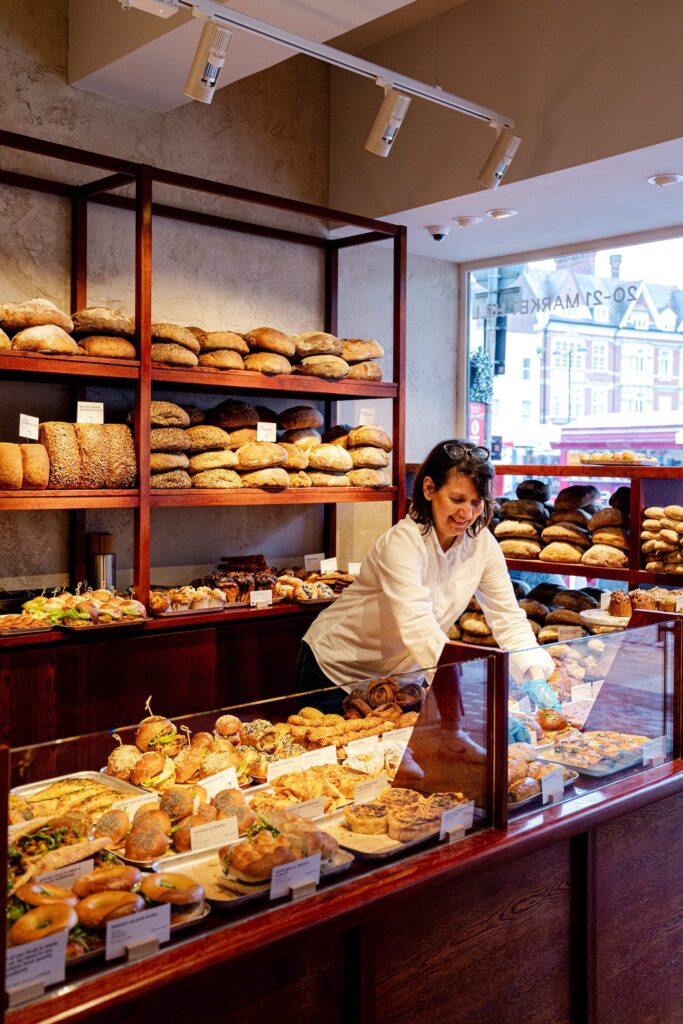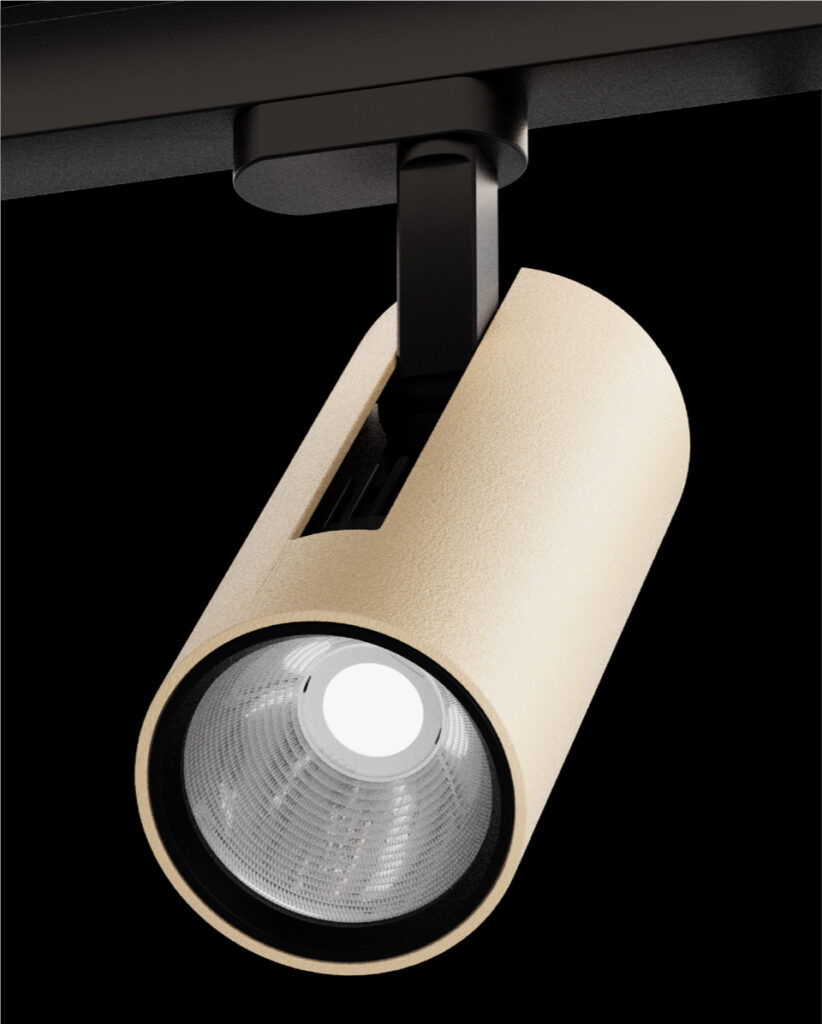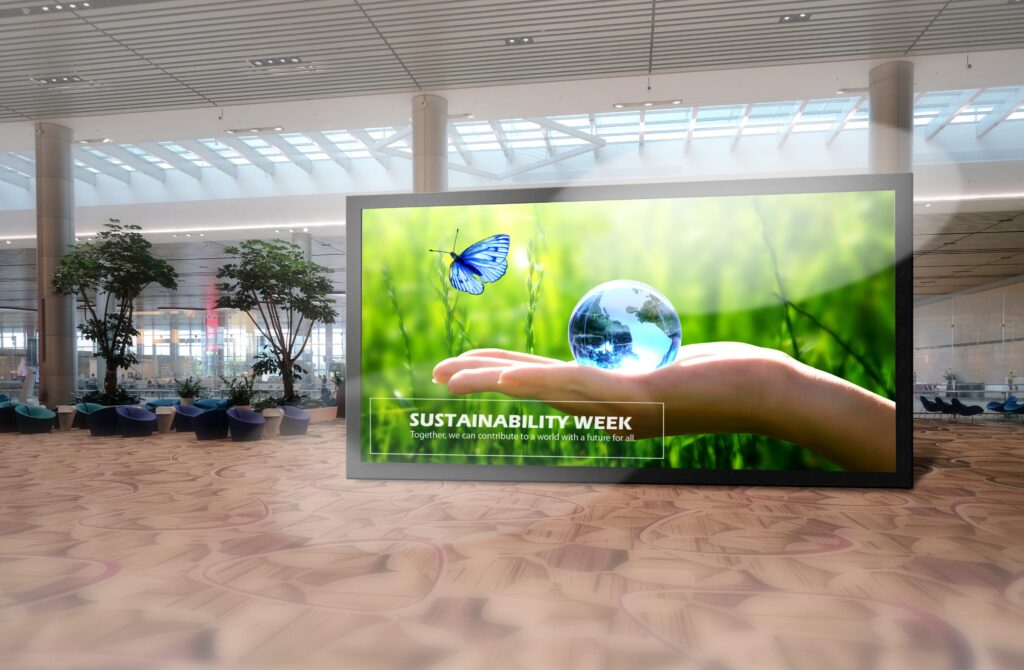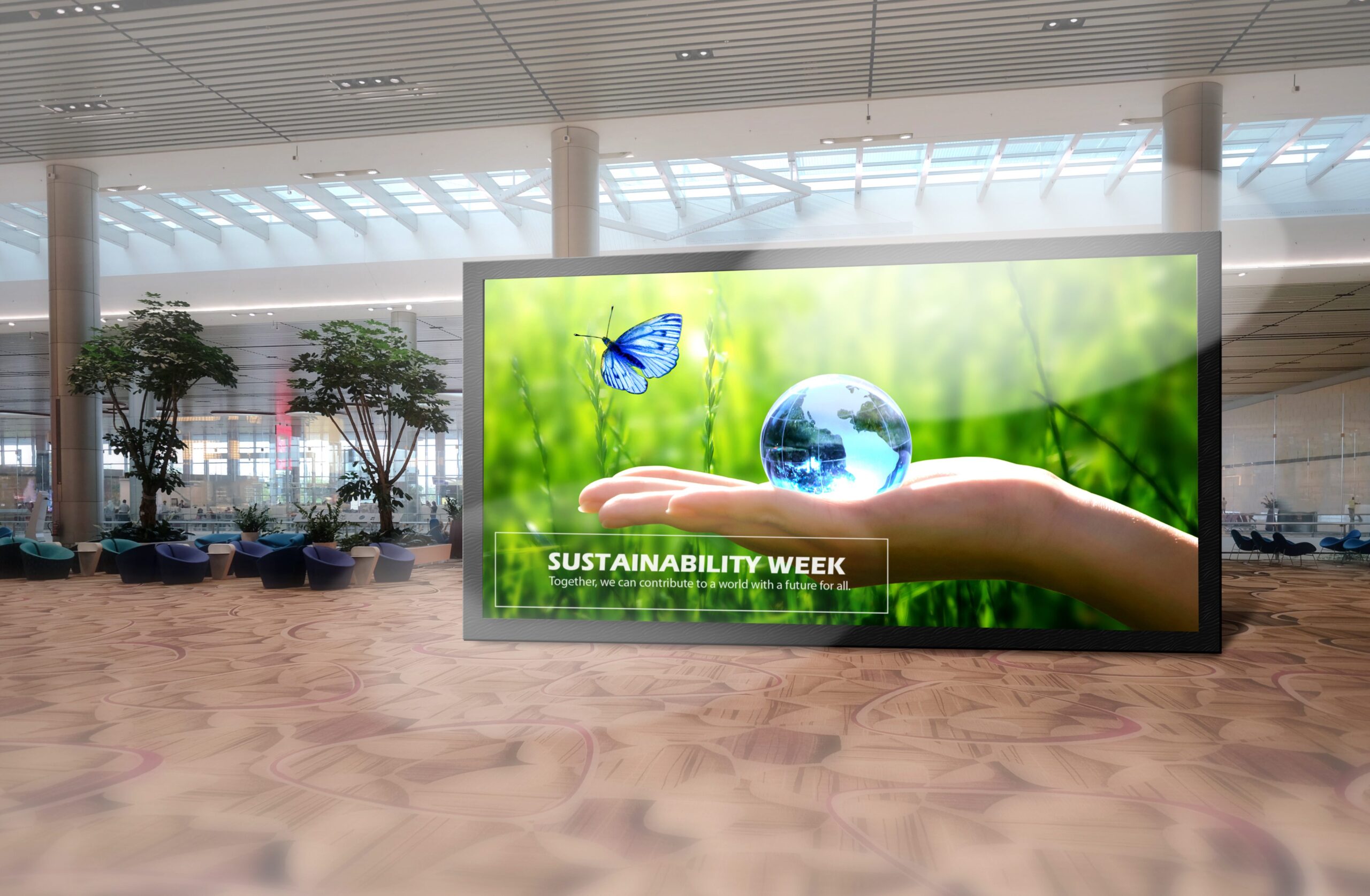With the industry facing increased pressure from consumers to become more sustainable, we take a look at some of the planet friendly steps retailers can take without having to break the bank.
There is no escaping the subject of sustainability. A hot topic for some time now, the onus is very much on businesses of all shapes and sizes to act in order to ensure they are operating in the most environmentally friendly was as possible.
But why is this so important? To put it simply, without putting place sustainability measures in place or changing the way you operate, then you risk getting left behind. Many consumers are very much in tune with the issue and favour those brands that reflect their own views, so it is in the interest of the retailer to take action.
While this may seem rather daunting at first, the good news is that there are plenty of easy, often cost-effective, steps that retailers can do to paint them themselves in a “greener” light, all without having to commit too much time or resources. Here, we speak with two suppliers that very much have their fingers on the pulse of sustainability to find out more about the options available to retailers seeking to bolster their environmental credentials.

Retail Customers
First up to offer guidance is Shoplight. Founded in 2014, the company works with retailers, designers and their construction teams to design retail lighting environments. Focused on ensuring the long-term future for bricks and mortar retail, Shoplight offers a range of products such as lighting track, spotlights, downlights and linear light fittings.
Mark Shortland, managing director at Shoplight, said a large part of the company’s focus is to help retailers become more sustainable by providing them with more efficient lighting solutions.
“Importantly for retailers, consumer values are evolving,” Shortland said. “Consumers are more informed and more environmentally conscious; they are becoming increasingly aware of the impact of their purchases. Demand for brands that benefit society, and which are more sustainable is growing.
“A 2021 survey by Shopify found that 44% of global consumers are likely to buy from a brand with a clear commitment to sustainability. They also found that 62% of consumers were willing to adjust their lifestyles to reduce their environmental impact, a 57% increase from two years prior.
“Being sustainable may have been seen as an unnecessary and costly ‘nice to have,’ but brands that do not consider their impact are becoming frowned upon. Individuals are ramping up their commitment to the small changes they can make, like choosing to spend their money with brands committed to change.”
Shortland said retailers that ignore the evolving demands of consumers are likely to lose custom as shoppers align themselves with brands that are committed to economic, social and environmental sustainability.
“Ignoring the need to become more sustainable will mean society stays in a traditional linear economy with its “take-make-dispose” approach where resources are extracted, used to make products, and then discarded, with catastrophic environmental impact,” Shortland said. “The world needs to adopt a circular economy model which is about minimising waste and maximising resource efficiency and promoting a continuous cycle of material and resource use.”
Sustainable Solutions
Shoplight already works with a range of recognisable brands such as LEGO, Skechers, GAIL’s Bakery, Mountain Warehouse, Itsu, H. Samuel, and Hotel Chocolat. As such, Shortland said the company is in an excellent to support other retailers with their lighting solutions.
Looking at the sustainable products available from Shoplight, Shortland highlights Nort, a solution it developed in response to a rising demand for more planet friendly lighting.
Nort is a track-mounted, 3D-printed, bioplastic spotlight designed to reduce energy consumption in both manufacture and operation. The solution is made from plant-based polymers and is built with disassembly in mind. Its raw materials can be reused, biodegraded in an industrial composter, or recycled safely.

“Shoplight is aware of the environmental impact of using aluminium in lighting products and the carbon miles generated from transporting them from the Far East,” Shortland said. “We also know many of our clients want more sustainable lighting solutions that help limit their negative impact on the planet.
“In response to the need for change, Shoplight developed Nort which proudly carries the Made in Britain mark and lays the foundation for the future of retail lighting.”
Nort uses a modular design, meaning all its key components are accessible so they can be repaired or upgraded. Shortland added that Shoplight is also developing servicing and take-back scheme that helps retailers adopt circularity into their store rollouts.
“As they develop more bioplastic products, Nort is supported by its High-Efficiency range. Rather than being shipped from China, its high-efficiency range is made in the EU, reducing associated carbon miles,” Shortland said.
“The range features new high-efficiency LED modules which deliver up to 150 luminaire lumens per circuit watt that can reduce lighting energy consumption by up to 50% compared to a standard LED spotlight.”
Shortland also noted how Shoplight was granted B Corp status in 2022 and remains the only B Corp Certified retail lighting company in the UK.
“Becoming a B Corp, Shoplight joined a group of purpose-driven businesses committed to people and the planet,” Shortland said. “Shoplight’s bioplastic product development plan is closely aligned with its commitment to being a force for good.”
Taking the environment seriously
Another area retailers may look to address is décor; switching to more sustainable materials with interior and exterior displays can have a significant impact on a retailer’s environmental credentials.
Soyang Europe offers a wide range of printable media materials, with many of its products used for retail displays. Included in this collection are a number of sustainable solutions that retailers can use to produce more planet friendly displays without having to compromise on quality.
“As to why the environment and sustainability be important to retailers, to put it simply, consumers are becoming increasingly concerned about the environmental impact of their purchases,” Mark Mashiter, managing director of Soyang Europe, said.
“Showing that you are taking the environment seriously within your business can help boost your reputation. It can also increase your customer base as you are able to offer a wider range of products are services to more people.”
Mashiter went on to say that he believes everyone, both inside and outside of business, has an ethical responsibility to take the environment into consideration. He added that by not making changes or opting for more planet friendly solutions could impact both your own business and the world around us.
“There is the possibility that you could lose money as you do not offer an environmentally friendly or sustainable alternative and consumers have to go elsewhere,” Mashiter said.
“We offer a variety of environmentally friendly materials such as PVC-free and recycled polyester. Our partners in China are also constantly working on developing the way our materials are manufactured to make sure the process is as environmentally friendly as possible.”

Picking out some of the solutions from Soyang, Mashiter highlights both the Recytex and Biotexs range from partner Endutex, as well as products from Decal, which produces self-adhesive materials with the slogan ‘go green’. Decal materials are produced using energy efficient UV adhesive curing methods and non-PVC adhesive ranges.
As for products that have been developed in house at Soyang Europe, Mashiter said the Solar collection of non-PVC banner materials suitable for indoor and medium-term outdoor use. As PVC is considered to be the single most environmentally damaging of all plastics, the non-PVC feature is critical.
Meanwhile, the Solar series is based on polythene terephthalate and can be recycled according to the international plastic code one through most recycling programs.
“Solar is the truly innovative textile-based banner, aiming to be the perfect replacement for PVC with extremely similar features,” Mashiter said. “It is 100% PVC-free and phthalate-free, and can also be made from recycled yarns, offering greener alternatives for our clients and create a more sustainable future for humanity.”
While switching your lighting or décor may seem relatively simple steps, this can have a huge impact on overall environmental impact. Working with knowledgeable suppliers such as those mentioned here could give you a significant advantage over the competition and help you win the long-term support of consumers.





